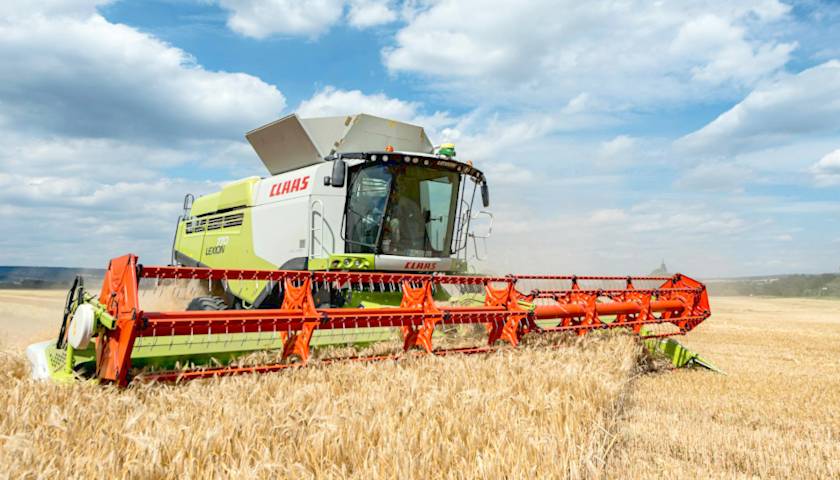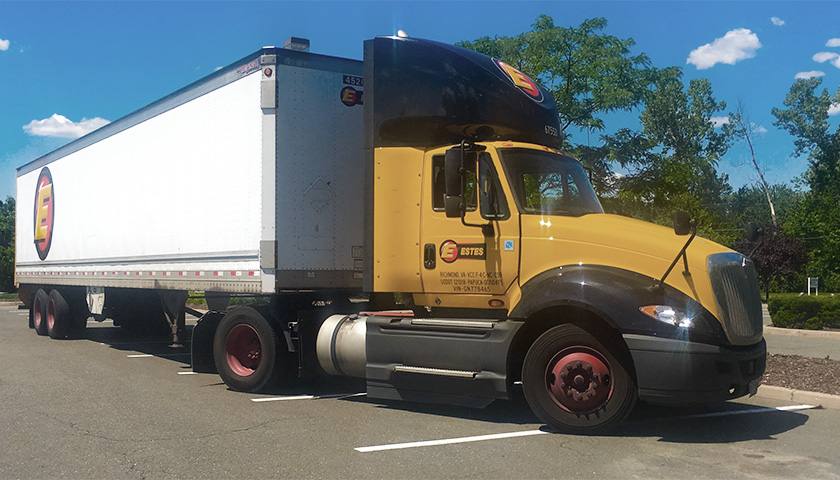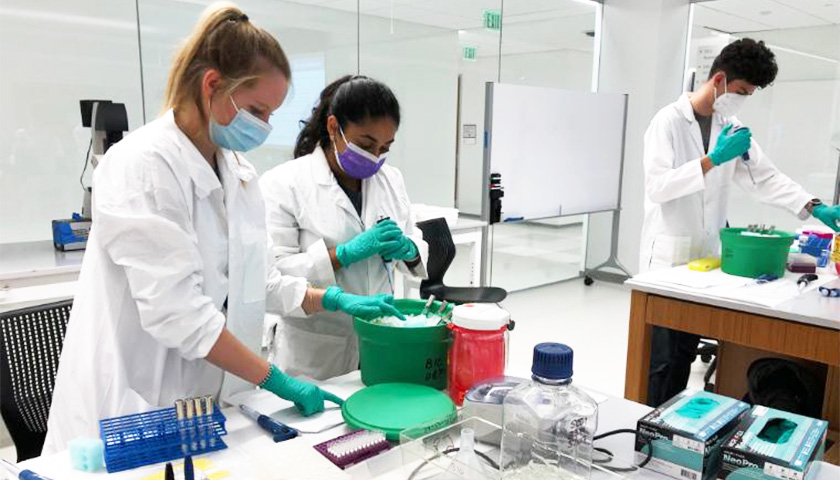The House Agriculture Committee took a close look Wednesday at the influence of China on America’s food supply.
The committee also heard testimony concerning Chinese companies activities in the U.S., allegedly stealing intellectual property and purchasing supply chain assets that American farmers depend on to produce crops.
Read More








